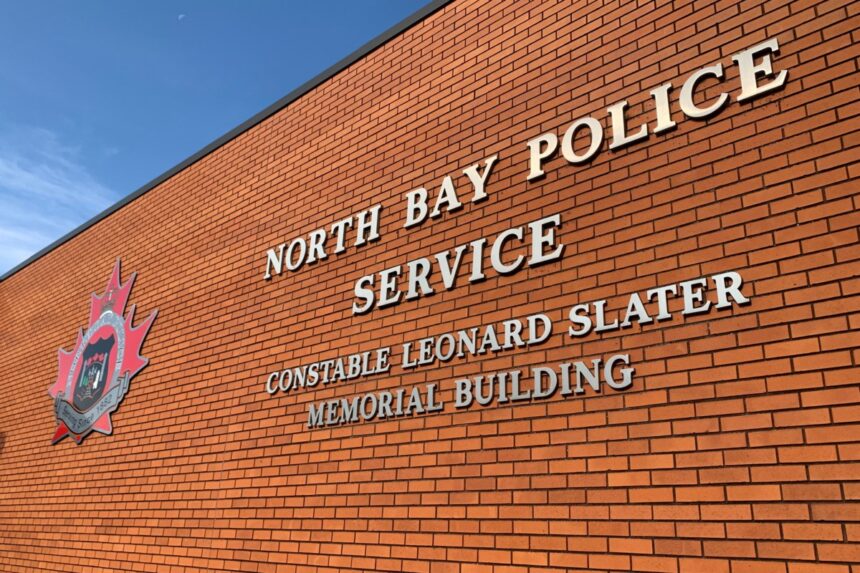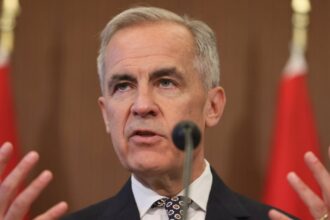The Ontario government has launched a strategic funding initiative in North Bay that targets two critical societal challenges: human trafficking and mental health crises. The announcement, delivered yesterday at North Bay Police headquarters, commits over $1.5 million to specialized programs designed to protect vulnerable individuals and strengthen community response systems.
“What we’re witnessing today represents a fundamental shift in how we approach these interconnected issues,” said North Bay Police Chief Scott Tod during the announcement. “These funds will enable us to develop proactive intervention strategies rather than merely responding after trauma has occurred.”
At the heart of the funding package is a $500,000 allocation to establish a dedicated human trafficking response team—bringing together law enforcement, victim services, and healthcare professionals. The collaborative approach aims to create seamless support for survivors, many of whom face complex psychological and physical recovery needs.
The initiative follows disturbing provincial data showing that Northern Ontario communities experience disproportionately high rates of human trafficking relative to their population size. According to CO24 News analysis, the region’s proximity to major transportation corridors and economic vulnerabilities have made it particularly susceptible to trafficking networks.
“Human trafficking doesn’t respect municipal boundaries,” explained Councillor Justine Mallah, who chairs North Bay’s Community Safety Committee. “The predators specifically target communities like ours where resources have historically been stretched thin. This funding acknowledges the unique challenges faced by northern regions.”
The mental health component of the funding package allocates $1 million toward establishing a 24/7 mobile crisis intervention team. The unit will pair specialized mental health nurses with trained police officers to respond to calls involving individuals experiencing acute psychological distress.
Mental health advocates have long argued that traditional police responses to mental health crises often escalate situations that require clinical intervention. According to CO24 Canada reporting, communities that have implemented similar crisis response teams have seen significant reductions in unnecessary emergency room visits and involuntary hospitalizations.
“This represents an evidence-based approach to complex situations,” noted Dr. Valerie Singh, Chief of Psychiatry at North Bay Regional Health Centre. “When someone is experiencing a mental health crisis, having trained professionals who understand de-escalation techniques and clinical assessment makes an enormous difference in outcomes.”
The funding announcement comes after months of advocacy from local organizations and follows similar initiatives in southern Ontario cities that have demonstrated measurable success. Provincial officials indicated that the North Bay programs will serve as potential models for other northern communities facing similar challenges.
Community stakeholders emphasized that while the funding provides crucial infrastructure, sustainable progress will require ongoing commitment and potential expansion. Experts in CO24 Politics have noted that addressing the root causes of human trafficking and mental health crises ultimately requires coordinated policy approaches across multiple government portfolios.
As implementation begins in the coming months, attention turns to establishing metrics that will evaluate these initiatives’ effectiveness. Will this targeted funding model prove to be the framework needed to address these persistent societal challenges in northern communities, or will broader systemic reforms ultimately be required?










